Should I Put All My Savings In My Money Market 360 Account

Many people are familiar with checking and saving accounts, just money market accounts are an boosted method of storing coin with a bank. Money market accounts blend some of the abilities of both checking and savings accounts. They usually have higher fees and higher minimum deposits, but customers also earn a much higher interest charge per unit than the average checking or savings account. These accounts have unique features and benefits.
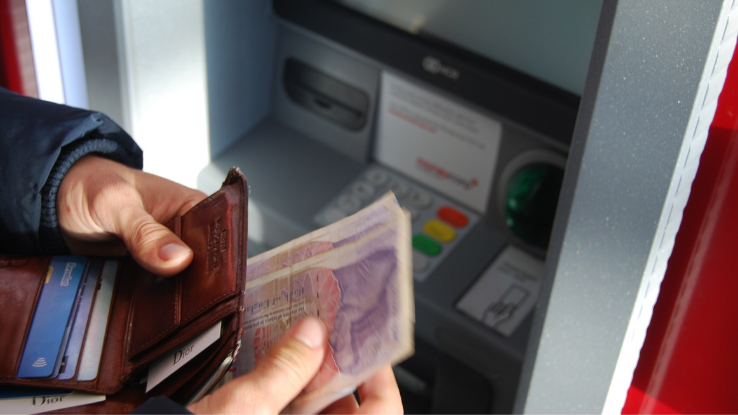
Money market accounts are bank accounts that blend some of the well-nigh common features of a loftier-yield savings account with those of a checking account. Money marketplace accounts have much higher involvement rates than the usual checking account.
Dissimilar high-yield savings accounts, owners of money market place accounts can be issued checks and debit cards to spend the coin within the business relationship. And different checking accounts, money market accounts take limits on the number of monthly transactions that an account holder can complete.
How Practice Money Market Accounts Work?
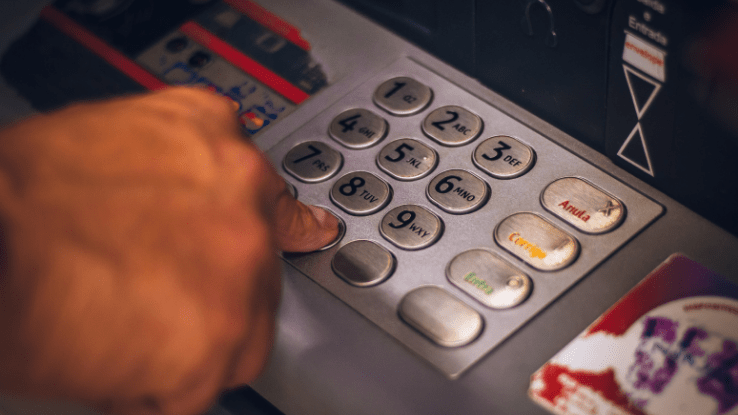
A coin market account works like a checking business relationship with limitations. Both direct deposits and automatic drafts can be ready upwards. In addition to having checks and debit cards, people with a money market account can likewise visit the bank or an ATM to withdraw cash at whatsoever time. Still, the account has limits. Although some banks have comparatively loose standards, near banks limit money market account holders to half-dozen transactions per month. Money market accounts have less flexibility than checking accounts but greater flexibility than less liquid savings methods, such as CDs.
Interest on Coin Market Accounts
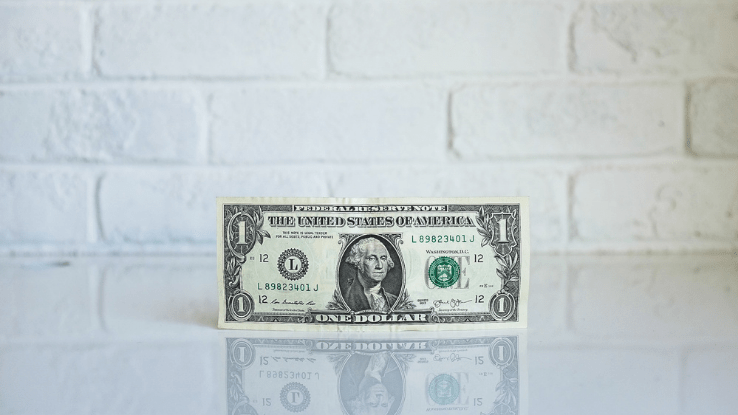
Coin marketplace accounts have higher involvement rates than the average checking business relationship. Interest rates in coin market accounts can range from 0.5% to 1.25%. Money market accounts have much higher minimum balances and opening deposit requirements than a bones checking account as well. Most banks require minimum balances of at to the lowest degree $1,000, and some can go up to $25,000. Generally, the more money a person is required to continue in the account, the higher the interest rate the account earns.
Banks brand money by using the coin customers deposit. If a customer must keep a minimum of $ten,000 in a banking company account and cannot brand more 6 transactions per calendar month, the bank tin count on the money in that account with more certainty. A customer with a regular checking account could have $10,000 in the bank today and merely $25 in the bank adjacent calendar week. Banks are willing to give customers a higher interest rate to ensure that a larger number of people maintain high balances because information technology gives the bank more certainty when investing and offering loans to other customers.
Types of Coin Market place Accounts
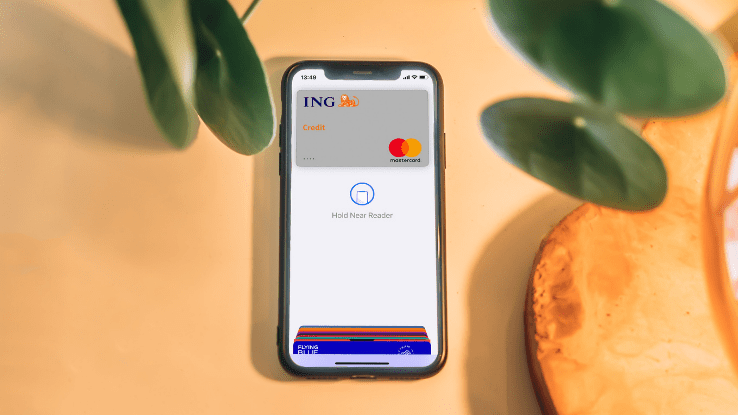
Coin market accounts are premier product offerings for some banks. Coin market accounts are not available at every banking company, and many banks only have one coin market business relationship that they offer. However, in that location are some banks that have a diverseness of money market accounts to fit different needs. In general, all coin marketplace accounts fall into two categories: savings or checking.
Coin Market Savings Business relationship
Some money market accounts are exclusively for saving money. These accounts do non include access to checkbooks or debit cards. They still accept monthly transaction limits, then many account holders opt to brand 1 eolith, at the beginning or terminate of the calendar month, rather than several.
Money Market Checking Accounts
Coin marketplace checking accounts are the most traditional blazon of money market business relationship. These have the same high-interest rates as coin marketplace accounts, along with the convenience of beingness able to write checks and use a debit carte.
Pros of a Coin Market Account

A coin market account offers the earning certainty of an investment account without the risk of losing coin. If a person deposits $v,000 in a money market business relationship that earns 0.8% interest, and they never accept the money out, that person volition continue earning for years and years to come. The interest may not grow as quickly equally a different blazon of investment, similar stocks, would, but the account holder would be sure to proceed earning.
In addition to the lack of risk associated with these types of accounts, they are also backed by federal insurance. Coin market accounts at banks are protected by FDIC, and they are protected past NCUA at credit unions. If the bank were to get insolvent, the customer would still exist able to get all of their money back.
There are other methods of saving money with similar interest rates as money market accounts, merely the ability to use a debit bill of fare or write checks gives accountholders more flexible access to their coin. For example, a person may not be able to access funds in a CD in an emergency without paying a penalty. In a high-yield savings account, a person may have to expect days for a transfer to complete in order to admission their money. With a money marketplace business relationship, the money is always one swipe of a menu or signature on a check away.
Cons of Money Market
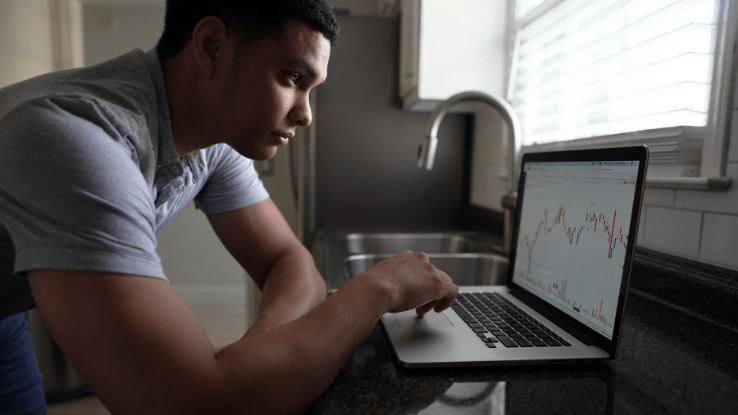
Money market accounts come with fees. Some banks charge regular maintenance fees simply for having the account. There are also fees for going below the minimum balance. Each business relationship holder needs to carefully evaluate personal circumstances to make up one's mind whether the fees outweigh the benefits of having the business relationship.
Ane activity that tin trigger a fee is having too many transactions in ane month. Since most every activity involves depositing, withdrawing, or spending through a money market account, information technology can be very easy to exceed the limit. For some customers, this can be a huge inconvenience. These accounts are not wise to use as master checking accounts. Rather, they should be thought of as savings accounts with the option of occasional checking functions.
Depending on personal circumstances, a coin market account may not be the highest-earning or almost fitting utilise of a person'southward assets. For example, a person with $100,000 in savings who is able to save an boilerplate of $50,000 each year could exist wasting earning potential by assuasive coin to sit down in a coin market account. Information technology may be more prudent for that person to spend at least some of their coin in investments, such as the stock marketplace or existent manor, that mostly have a higher yield than the 0.5%-1.25% interest rate a coin market place account offers.
Banks that Offer Money Market Accounts

CitiBank, TIAA, Marry, Navy Federal Credit Union, and Zynlo are a few mutual banks that offer money market accounts to a diversity of customers online. Many credit card companies, such as Hunt and Discover also offering money marketplace accounts. Fifty-fifty amidst smaller branches, credit unions very often offer coin market accounts.
Source: https://www.askmoney.com/budgeting/money-market-account?utm_content=params%3Ao%3D1465803%26ad%3DdirN%26qo%3DserpIndex
Posted by: shoafauncaughbove.blogspot.com

0 Response to "Should I Put All My Savings In My Money Market 360 Account"
Post a Comment